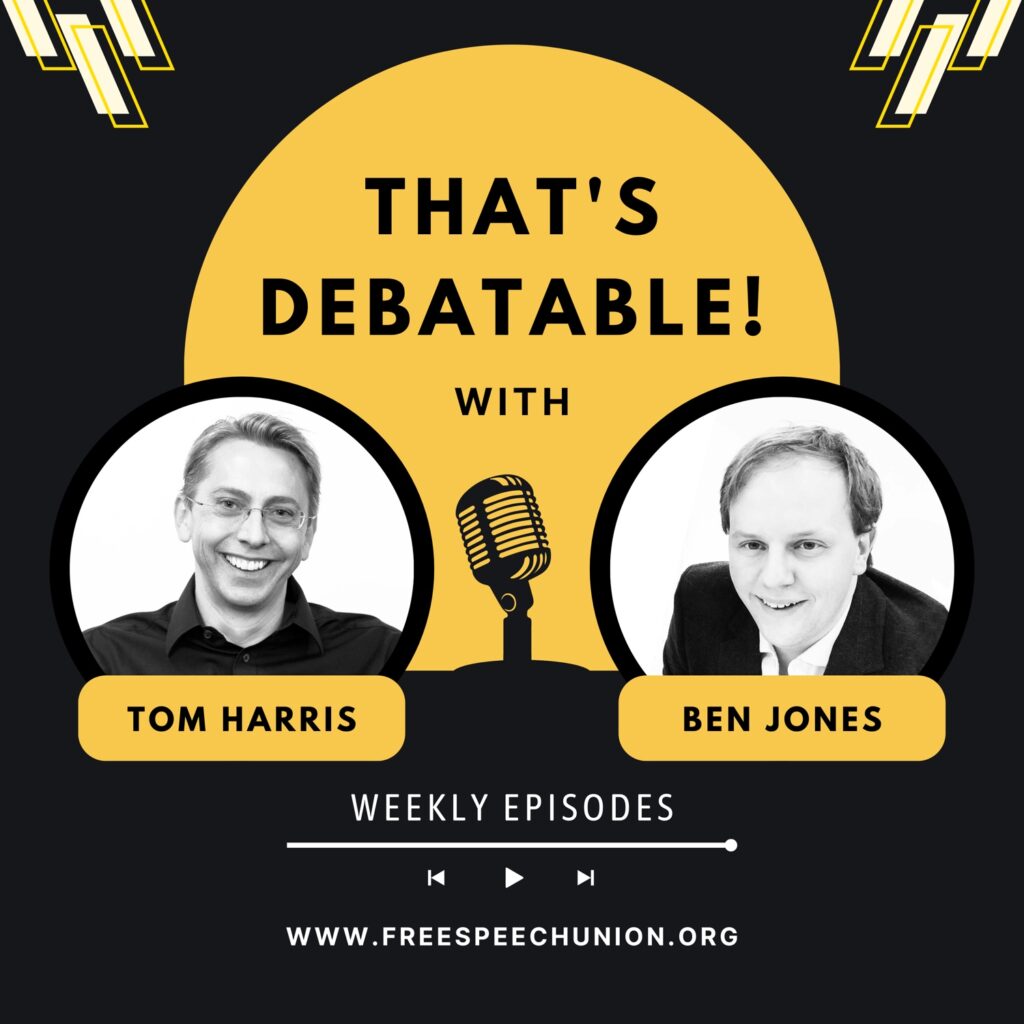A British Transport Police officer has been filmed telling Christian evangelists to stop preaching outside King’s Cross station, prompting concerns about the policing of lawful religious expression in public spaces. In footage circulated online, the officer approaches the preachers near the concourse between King’s Cross and St Pancras International. She is heard saying: “It’s so loud. These people just want to do their journey, they’re not coming here to listen to you.”
One of the preachers responds: “If I was doing a happy, clappy song it would be ok?”
The officer replies: “I just think it’s all wrong,” before walking away.
Preacher Mon B, who leads Mad 4 Jesus Ministries, told the Mail she was initially instructed not to stand in front of the station barriers before the officer gave what she described as an “unnecessary” opinion.
This exchange echoes other recent confrontations between police and Christian street preachers across the UK. In another widely publicised incident, the Metropolitan Police apologised after Christian singer Harmonie London was told to stop performing Christian music outside a church.
The pattern extends beyond informal interventions. When the Free Speech Union (FSU) recently investigated arrests for public order offences committed while preaching in public places, it identified approximately 100 cases, all of which involved Christian preachers. The search specifically looked for reports involving individuals of other faiths or none, but found no equivalent cases involving other religions or atheistic street preachers.
High-profile cases aren’t hard to find. In 2024, Avon and Somerset Police issued a Community Protection Warning to Christian street preacher and FSU member Dia Moodley for criticising other religions – conduct later deemed “disproportionate” by the force itself. The warning attempted to prohibit Mr Moodley from “passing comments on any other religion or comparing them to Christianity,” and from displaying “graphic material”. With our support, Mr Moodley mounted a legal challenge that ultimately led the force to admit it had overreached.
Commenters on the video of Mon B’s confrontation outside King’s Cross were unimpressed by the officer’s actions. One asked: “I’m sorry is this officer paid to give out her opinions? Or is she paid to protect the public.” Another said: “You are not breaking the law. She should be out catching criminals not bothering you.” A third added: “Luckily you’re not paid for your opinions. You’re paid to do your job and stopping peaceful preachers is not part of it.”
While the officer didn’t threaten arrest, issue a dispersal order, or physically intervene, she also failed to cite any statutory power. She may have believed her intervention was a discretionary form of engagement consistent with “words of advice”. The College of Policing’s Public Order Public Safety Authorised Professional Practice (APP) allows officers to “take innovative actions that are not included in this guidance to resolve incidents”, provided those actions are lawful and comply with human rights. The APP applies to both pre-planned and spontaneous events involving perceived risks to public order, making its principles relevant even in brief interactions in crowded public settings like King’s Cross.
However, any such action must still meet core professional standards. Officers are required to act in ways that are proportionate, legitimate, accountable, and in accordance with the Code of Ethics, the Standards of Professional Behaviour, and the Seven Principles of Public Life. The officer’s morally loaded remark – “I just think it’s all wrong” – is difficult to reconcile with those expectations, particularly the requirement in the Code of Ethics that officers “are aware of – and challenge – the influence that biases (such as stereotypes, ‘group think’ or partiality) can have on our actions and decisions, and ensure that we act with impartiality”. As the APP itself makes clear, police intervention short of arrest can still interfere with the right to freedom of expression (Article 10) under the European Convention on Human Rights, which extends its protection even to speech “that others may find insulting or offensive”.
Whatever the legal justification (if any), the footage of this latest incident adds to a growing body of evidence suggesting that Christian street preachers are being disproportionately targeted under the guise of maintaining public order.






